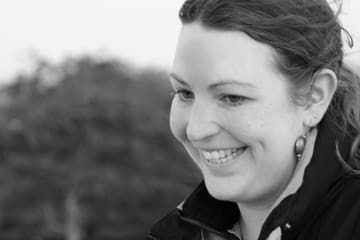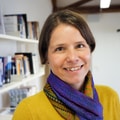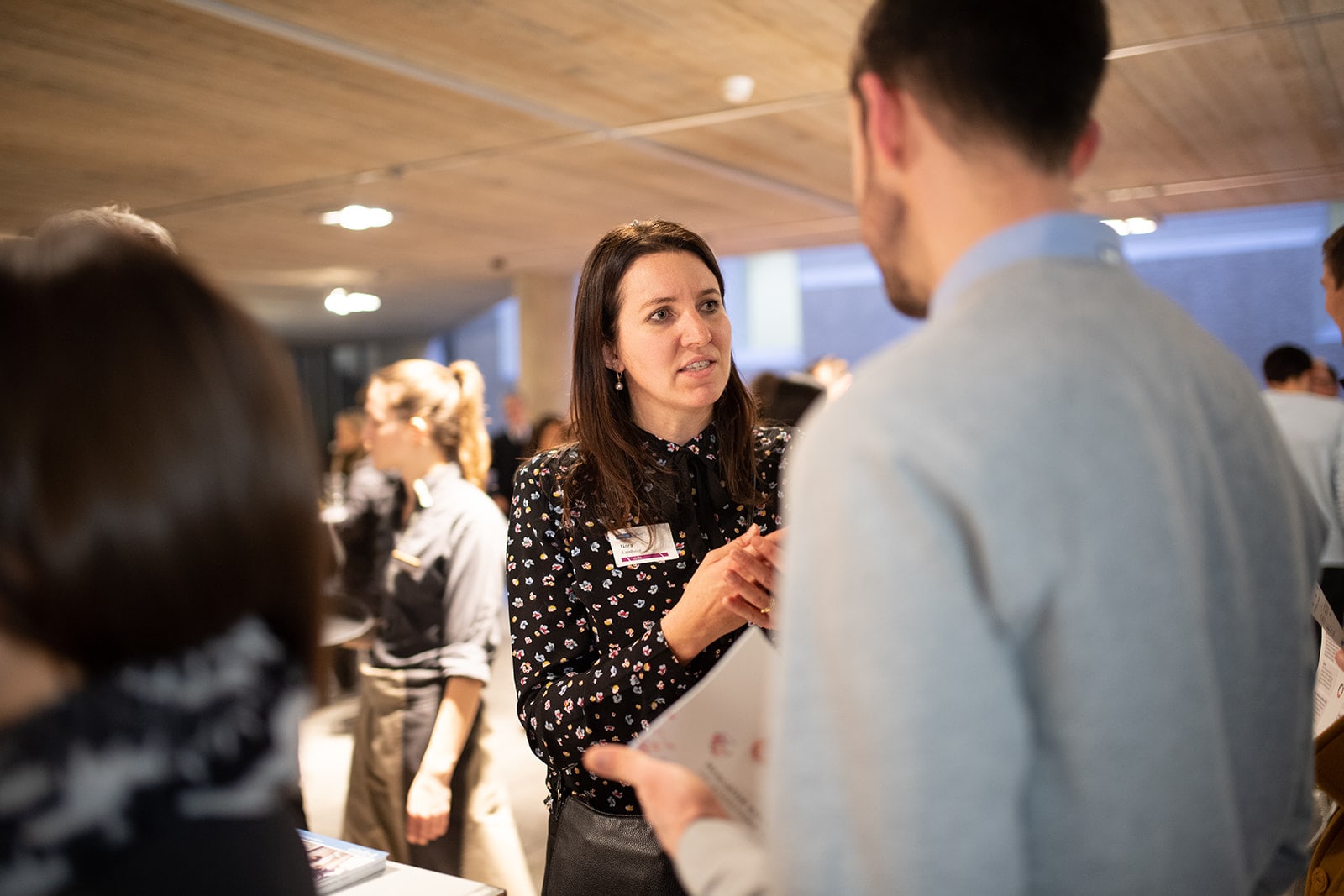"Living and working within the United Nations system", Nathalie Meyer
Meet Nathalie Meyer, Social Policy Specialist within the NETI Programme, UNICEF. Learn more about her position and career path.

Nathalie Meyer at the time of writing
Age
34
Position
Social Policy Specialist within the NETI Programme, UNICEF, Kampala, Uganda
Education
Master in International Relations, Graduate Institute Geneva
Most significant jobs to date
- UN Youth Volunteer, United Nations Development Programme (UNDP) in Bhutan
- Programme Officer, Swiss Agency for Development and Cooperation (SDC) in Mongolia
- Associate Expert in Human Rights at OHCHR
- Associate Social Affairs Officer (consultant) at UNESCAP
- Social Policy Officer, UNICEF, DRC
My motivation
Having grown up constantly travelling in different developing countries, starting a career in international cooperation felt natural. It is what always interested me and the main reason why I chose to study international relations. My position is a continuation of my journey through various organisations of the multilateral system. UNICEF’s mandate particularly fascinates me, and after almost five years in the regional office in Bangkok, I wanted to return to a country office.
My career path
From a professional perspective, I regard myself as quite young and am still finding my path. But I believe that my early volunteer and internship experiences and especially my mission as UN Youth Volunteer with UNDP were essential for deciding that I want to pursue a career in international cooperation. With my varied experience in Asia and also in DRC I now feel ready to take more responsibility and new challenges.
Experience in different countries is a benefit for life.
My duties
My position demands a lot of coordination, partnership management and technical support. I manage activities concerning the public funding of social sectors and also contribute to research and analysis of the situation of children in the DRC while liaising with the country offices, the regional office and headquarters. I also undertake regular fieldwork missions especially to the south of the country to support the implementation of our programmes and met colleagues on site. It’s always interesting and captivating to witness the situation outside of the capital city Kinshasa.
The pros and cons
I appreciate collaboration with governmental partners, the civil society and colleagues because I enjoy the contact with people and join our efforts towards achieving great results. What I like less are administrative tasks, which can be time- and energy-consuming and obviously less interesting, but at the same time necessary and important.
What I’ve learnt
At the beginning, my learning curve was steep. I had to get used to the DRC, a diverse and complex country I hadn’t known before. Also, I had to get used to a new workplace and environment, as well as using French, my mother tongue, as a work language. But I managed to grow into my new position very quickly. The support I received from UNICEF and especially as part of the NETI Programme was very helpful during this process.
Life in Kinshasa
Relocating constantly from one country to another brings certain inconveniences: moving to a new place, getting used to a new work environment, reintegrate into new communities, form new friendships... This can be tiring, but at the same time it’s what drives me. My relocation here was particularly complicated because of the difficult security situation. I haven’t been afraid until now, but there are many restrictions on mobility, and it takes some time to get used to it. That’s the reason why leaving the environment from time to time helps in order to return with renewed energy and patience.
Leaving the environment from time to time allows a return with renewed energy and patience.
My next steps
I just graduated from my NETI assignment and am applying for UNICEF positions as an internal candidate. I would like to remain with UNICEF, but am open for opportunities with other UN organisations, but also outside the UN system.
My advice to those wishing to start their professional life in international cooperation
You have to be flexible and ready for new experiences. I encourage you to study, travel, and volunteer or work abroad. It’s an asset for your life, even if later you decide to go back to work in your home country.
I can tell from my personal experience that initiatives such as the UN Youth Volunteers Programme and JPO and Associate Expert positions are key opportunities for gaining relevant experience and increase your chances to be retained in the system.
Portrait also available in French
Our services – to take you further
cinfo supports Swiss professionals considering a career with the UN or a development bank, and those already in the system:



